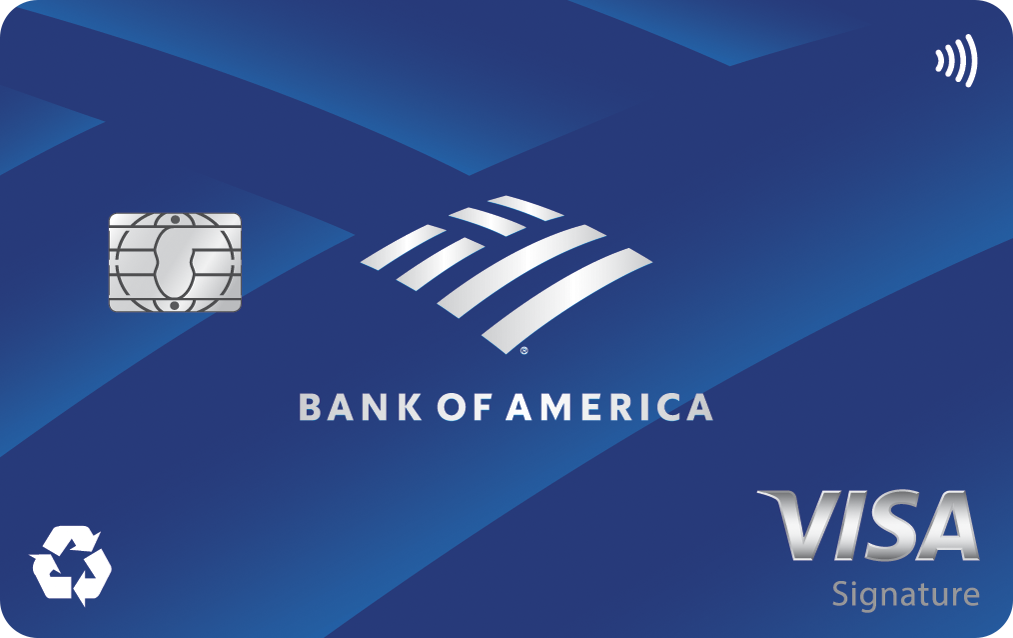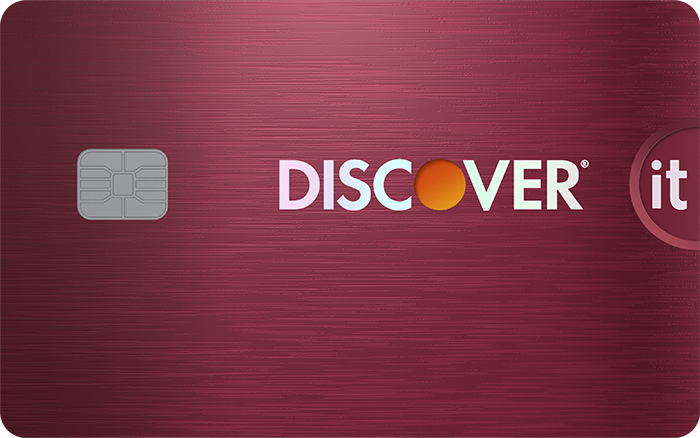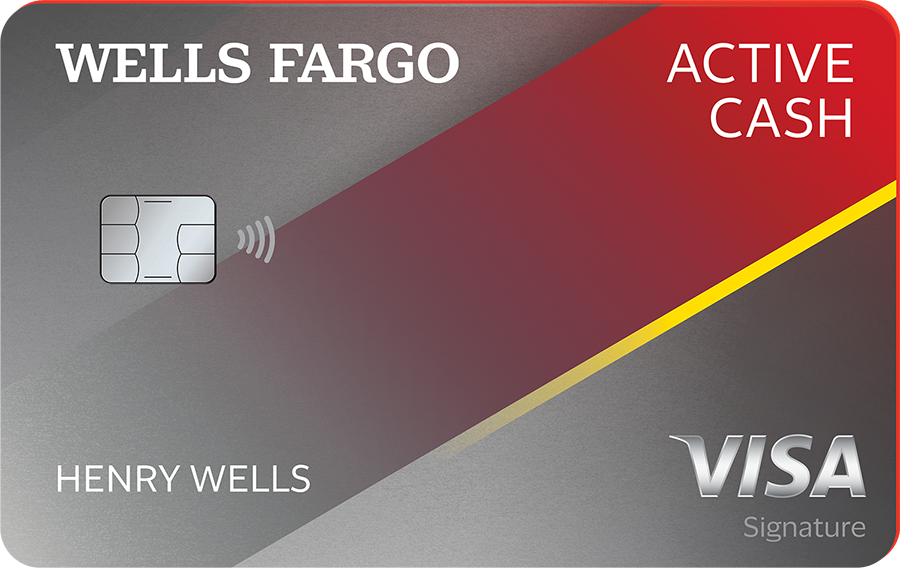Few things are as embarrassing as having your credit card declined by a cashier in front of a line of impatient customers. But does maxing out a credit card hurt your credit score as well as your ego?
Yes, maxing out credit cards can hurt your credit score. However, the impact to your credit from a maxed-out credit card will depend on many factors. This guide explains how -- and why -- maxing out credit cards impacts your credit score.
The main problem is your utilization
Maxing out your credit card worsens your utilization ratio. Depending on the severity of the change, this could hurt your credit score.
Your utilization ratio makes up 30% of your FICO® Score. To keep your score high, you want to make sure the amount of credit you borrow is below 30% of the total credit available to you. For example, if your total credit line is $10,000, you want to use no more than $3,000.
But what if you have multiple credit cards, and therefore multiple credit limits? In that case, add up all your credit card limits to figure out your credit maximum, the total credit you can theoretically borrow.
Example: Say you have two credit cards total. Card A has a $1,000 limit. Card B has a $9,000 limit. Your credit maximum is $10,000. Between the two cards, you want to use no more than $3,000 in credit to help keep your credit utilization ratio low and your credit score high. You can max out Card A without tanking your credit score because the card's $1,000 credit limit is only 10% of your available credit.
Experts recommend keeping your utilization below 30%, but if you want to build an excellent credit score, you want to keep that number in the 5% to 10% range. It's worth noting the average American's credit score is about 714, which counts as a "good" score.
Don't you wish you could take a peek inside a credit card expert's wallet sometimes? Just to see the cards they carry? Well, you can't look in anybody's wallet, but you can check out our experts' favorite credit cards. Get started here:
How other credit factors come into play
Maxing out a credit card will impact your credit utilization ratio. But whether the impact is tiny or huge depends on at least three other credit factors, including how many credit cards you have.
How many credit cards you have
If you have multiple credit cards, maxing one out might not impact your credit score. Credit issuers only care about how much of your total available credit you use at any one time.
Say you have four credit cards, each with a $2,500 credit limit. Your total available credit is the sum of their limits, which adds to $10,000. If you max out one card and leave the others alone, your credit utilization is 25%. That's beneath the 30% limit recommended by experts, so your credit score will probably be OK.
If you only have one credit card and max it out, you are using 100% of your credit utilization. That will probably have a large, negative impact on your credit score.
Your existing credit score
Your existing credit score matters. Generally speaking, someone with a good credit score would be punished more for "bad credit behavior" than someone with a poor score. Depending on your existing credit, your score could drop by 40 points or more.
How long it takes to pay off the balance
The longer you wait to pay off your credit card balance, the longer your balance stays high. If you only make minimum payments, you could be charged credit card interest above and beyond your credit limit. Unless you pay off the card, you could find yourself lifting a growing debt pile. If that leads to you making late payments, then your credit score could tank even further.
Is maxing out a credit card ever a good idea?
Maxing out a credit card is rarely a good financial move, but there are exceptions. If you have no other way to pay a necessary expense, such as a medical emergency, you might need to max out a credit card -- and that's okay. (Note: If you're currently facing high medical bills, you might benefit from our guide to financing medical expenses.)
You may also consider maxing out a credit card during a balance transfer to take advantage of a low interest rate. Your credit utilization will remain the same since you're just shifting money from one card to another, but you'll pay less interest over the long run.
Example: Say you have five credit cards, each with a $2,000 balance and an 18% interest rate. You get a new credit card with a $10,000 limit and a 0% intro APR on balance transfers for 18 months. You could transfer all of your existing balances to the new card and pay no interest while you work on paying off debt for the next 18 months.
Credit card comparison
We recommend comparing options to ensure the card you're selecting is the best fit for you. To make your search easier, here's a short list of standout credit cards.
| Offer | Our Rating | Welcome Offer | Rewards Program | APR | Learn More |
|---|---|---|---|---|---|
|
Rating image, 4.50 out of 5 stars.
4.50/5
Our ratings are based on a 5 star scale.
5 stars equals Best.
4 stars equals Excellent.
3 stars equals Good.
2 stars equals Fair.
1 star equals Poor.
We want your money to work harder for you. Which is why our ratings are biased toward offers that deliver versatility while cutting out-of-pocket costs.
|
Discover will match all the cash back you’ve earned at the end of your first year. | 1% - 5% Cashback Earn 5% cash back on everyday purchases at different places you shop each quarter like grocery stores, restaurants, gas stations, and more, up to the quarterly maximum when you activate. Plus, earn unlimited 1% cash back on all other purchases. |
Intro: Purchases: 0%, 15 months Balance Transfers: 0%, 15 months Regular: 18.24% - 27.24% Variable APR |
||
|
Rating image, 5.00 out of 5 stars.
5.00/5
Our ratings are based on a 5 star scale.
5 stars equals Best.
4 stars equals Excellent.
3 stars equals Good.
2 stars equals Fair.
1 star equals Poor.
We want your money to work harder for you. Which is why our ratings are biased toward offers that deliver versatility while cutting out-of-pocket costs.
|
$200 cash rewards Earn a $200 cash rewards bonus after spending $500 in purchases in the first 3 months. | 2% cash rewards Earn unlimited 2% cash rewards on purchases. |
Intro: 0% intro APR for 12 months from account opening on purchases and qualifying balance transfers Purchases: 0% intro APR, 12 months from account opening Balance Transfers: 0% intro APR, 12 months from account opening on qualifying balance transfers Regular: 19.24%, 24.24%, or 29.24% Variable APR |
||

Apply Now for Bank of America® Travel Rewards credit card
On Bank of America's Secure Website. |
Rating image, 4.00 out of 5 stars.
4.00/5
Our ratings are based on a 5 star scale.
5 stars equals Best.
4 stars equals Excellent.
3 stars equals Good.
2 stars equals Fair.
1 star equals Poor.
We want your money to work harder for you. Which is why our ratings are biased toward offers that deliver versatility while cutting out-of-pocket costs.
|
25,000 points 25,000 online bonus points after you make at least $1,000 in purchases in the first 90 days of account opening - that can be a $250 statement credit toward travel purchases | 1.5-3 points per dollar Earn unlimited 1.5 points per $1 spent on all purchases, with no annual fee and no foreign transaction fees, and your points don't expire as long as your account remains open. Earn 3 points per $1 spent on travel purchases booked through the Bank of America Travel Center. |
Intro: 0% Intro APR for 15 billing cycles for purchases. 0% Intro APR for 15 billing cycles for any balance transfers made in the first 60 days. After the intro APR offer ends, 18.24% - 28.24% Variable APR on purchases and balance transfers will apply. A 3% fee for 60 days from account opening, then 4% fee applies to all balance transfers. Balance transfers may not be used to pay any account provided by Bank of America. Purchases: 0% Intro APR for 15 billing cycles for purchases Balance Transfers: 0% Intro APR for 15 billing cycles for any balance transfers made in the first 60 days Regular: 18.24% - 28.24% (Variable) |
Apply Now for Bank of America® Travel Rewards credit card
On Bank of America's Secure Website. |
Damage from maxed-out credit cards is temporary
Maxing out a credit card sounds scary, and most people only have one or two cards, so maxing one out is generally frowned upon. But in this case, the devil's in the details. What matters most is using less than 30% of your total available credit across all your credit cards.
One more thing: Some lenders may consider a maxed-out credit card a risk no matter what your credit utilization is. So to get the best rates from lenders, you should consider not maxing out individual credit cards. Spread out spending to get approved for better cards.
Damaged your credit score? You can rebuild your credit by paying off your credit card balances. Once you pay down the balance on your maxed cards, your credit score will recover. You'll see changes to your score as soon as your smart credit habits are reported to the credit bureaus.
FAQs
-
TransUnion estimates credit reports are updated about once per month on average, or 45 days at most. Some lenders report scores to credit bureaus faster, resulting in quicker updates.
-
The higher your credit score, the more a maxed-out credit card could hurt your credit. If you max out your only credit card, you could see your score drop by up to 50 points.
We're firm believers in the Golden Rule, which is why editorial opinions are ours alone and have not been previously reviewed, approved, or endorsed by included advertisers. Motley Fool Money does not cover all offers on the market. Motley Fool Money is 100% owned and operated by The Motley Fool. Our knowledgeable team of personal finance editors and analysts are employed by The Motley Fool and held to the same set of publishing standards and editorial integrity while maintaining professional separation from the analysts and editors on other Motley Fool brands. Terms may apply to offers listed on this page.
The Motley Fool owns shares of and recommends Visa.

